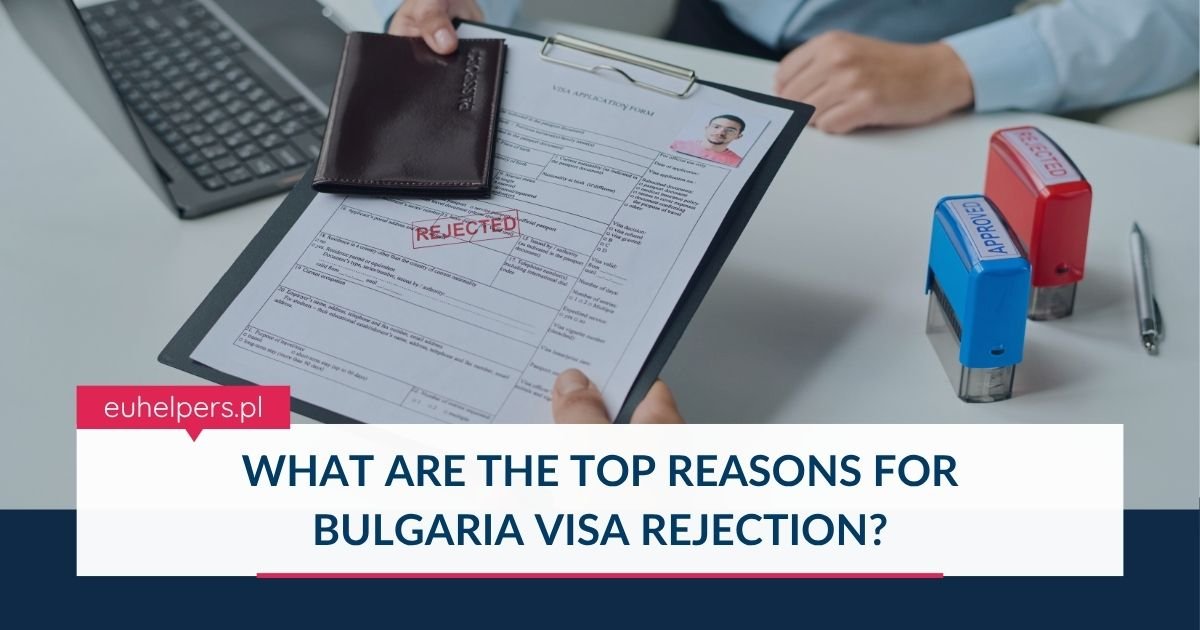Applying for a visa to Bulgaria can be a smooth process—if all requirements are met accurately. However, many applicants face visa rejection due to errors or omissions in their application or supporting documents. Understanding the common reasons behind these refusals can help increase the chances of a successful outcome.
1. Incomplete or Incorrect Application Forms
One of the most frequent reasons for a Bulgarian visa rejection is submitting an application form that contains incomplete, incorrect, or inconsistent information. Every section of the form must be filled out accurately and honestly, as discrepancies can raise concerns about the applicant’s credibility.
2. Insufficient Proof of Financial Means
Visa applicants must demonstrate that they have enough financial resources to support themselves during their stay in Bulgaria. Failure to provide bank statements, payslips, or other financial documentation that clearly shows this may lead to rejection. Consular officers need to be confident that the applicant won't become financially dependent on the host country.
3. Lack of Strong Ties to the Home Country
A critical factor in visa approval is proving strong ties to the applicant's home country. These ties may include employment, family relationships, property ownership, or ongoing education. Without this assurance, the embassy might suspect that the applicant intends to overstay or not return after their visit.
4. Unclear or Unconvincing Travel Purpose
The purpose of the visit must be clearly stated and backed by relevant documents such as invitation letters, hotel bookings, or travel itineraries. If the intention behind the trip appears vague, contradictory, or suspicious, the application may be denied.
5. Invalid or Expired Passport
A valid passport is essential. If the applicant’s passport is expired, close to expiring, damaged, or lacks enough blank pages, the visa request will likely be rejected. The passport must remain valid for the entire duration of the stay and comply with Bulgaria's entry requirements.
6. Inadequate Travel Insurance
Travel insurance is mandatory for many Bulgarian visa types. The policy must cover the entire duration of the trip and meet minimum coverage requirements as specified by Bulgarian or Schengen visa regulations. Missing or insufficient insurance documents are a common cause of rejection.
7. Criminal Record or Previous Visa Violations
Applicants with a criminal background or a history of visa violations (such as overstays or deportations from Schengen countries) may face difficulties obtaining a Bulgarian visa. A clean legal record boosts the likelihood of approval.
8. Other Potential Reasons
Other factors that may contribute to visa denial include:
-
Failure to pay the correct visa fee
-
Missing or incomplete supporting documents
-
Poor performance during the visa interview (e.g., inconsistent answers, nervousness, or lack of clarity)
Getting a Bulgarian visa requires more than just filling out a form. Applicants must prepare thoroughly, submit accurate and complete documents, and demonstrate legitimate reasons for their visit and return. By addressing the common pitfalls outlined above, travelers can greatly improve their chances of a successful application.

